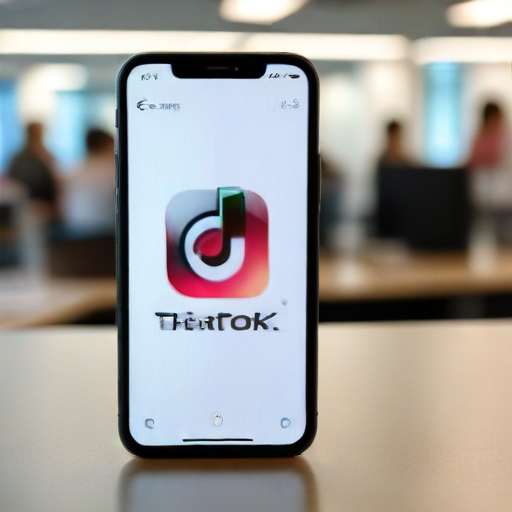TikTok users in the United States may have only a few weeks left to enjoy the popular app before a potential ban takes effect on January 19, 2025. A recent ruling from a US appeals court reinforced legislation requiring the app, owned by Chinese company ByteDance, to be divested or face prohibition in the United States. Over 170 million Americans utilize TikTok, making this decision particularly impactful.
Should the ban be implemented, app stores could face hefty fines for hosting TikTok, and users who currently have the app installed may find themselves unable to receive updates, which could lead to performance issues over time.
While this ruling brings the ban closer to reality, TikTok is not taking it lying down. The company plans to appeal the decision to the Supreme Court, arguing that a ban would violate the free speech rights of its many users. TikTok spokesperson Michael Hughes emphasized that restricting access to the platform would hinder the voices of millions.
The company’s stance remains firm on not separating from ByteDance. TikTok’s appeal could include a request for a stay, allowing the app to continue operating while the Supreme Court reviews the case. Experts believe the Court may act swiftly, with the possibility of scheduling oral arguments in early January.
There are various factors that could influence the eventual outcome, including the upcoming Presidential administration. President-elect Donald Trump, who previously tried to ban TikTok during his term, has now expressed that he might not support such a ban. His potential influence could offer a means of avoiding the ban through congressional action or by directing non-enforcement of the current law.
The impact of a potential ban has spurred concerns among creators and users who rely on TikTok for income, connection, and entertainment. Many creators have expressed their anxiety about the future of the app while remaining cautiously optimistic due to the ongoing discussions surrounding its status since 2020.
Amidst this uncertainty, some users maintain hope that the app will remain accessible, citing the numerous small businesses that depend on it as evidence of its integral role in American digital commerce.
In summary, TikTok is facing an uncertain future as a deadline approaches for a potential ban. However, the company’s plan to appeal and potential support from incoming political leadership may provide avenues for keeping the platform operational. As users navigate this tumultuous landscape, the grass-roots support for TikTok continues to grow, indicating that the platform has left a lasting impression on American culture and digital interaction.
